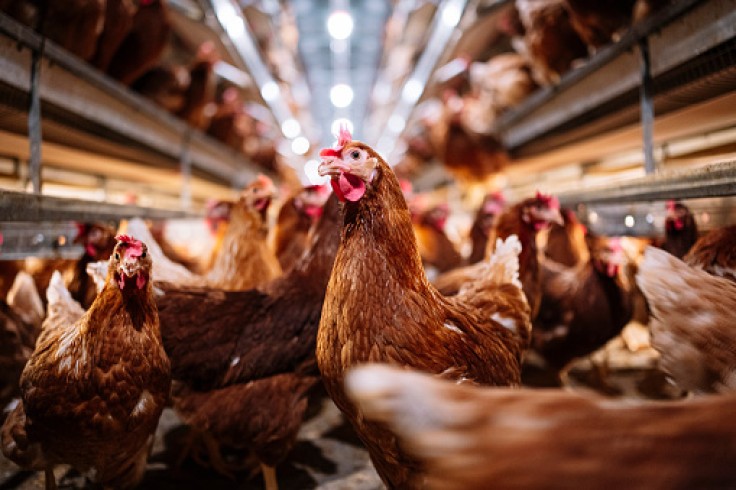Avian flu has been a major problem among bird species, both wild and farm. With the animal's ability to fly, the virus can easily travel fast, which can greatly affect the poultry industry. Scientists may have found a solution to that problem through gene editing.

Gene-Edited Chickens Made Flu-Resistant
Back in 2022, over 131 million poultry died due to avian flu globally, proving that the sickness has had a major impact on domesticated birds despite having minimal contact with the outer and wilder environment.
This is due to wild birds's ability to come in contact with domestic birds and spread the virus as they go. While inoculation for the avian flu is now a practice in the US, there are those who might be wary about the idea of it.
With that said, scientists may have found a way to forgo vaccinations to prevent outbreaks by making alterations to one gene. In their experiment, nine out of 10 birds who have gone through gene editing showed no signs of infection after being exposed to a typical virus.
The results may be seen as a breakthrough, but the research has a long way to go. The infection is still not completely blocked which can be more dangerous than the birds' previous unmodified state, as reported by The Guardian.
Without it working completely, there's a risk that the virus might be able to evolve to a stronger strain and become more dangerous to humans. Due to that danger, complete blocking of the virus needs to be achieved before genetically engineered chickens can be raised on farms.
Principal Investigator from the University of Edinburgh's Roslin Institute, Dr. Mike McGrew says that there is a growing fear that the bird flu could jump to humans and lead to another pandemic, which is another reason why the research must reach completion first.
Furthermore, the conducted tests showed promising results in natural doses, but upon administering a very high dose, researchers saw a breakthrough infection in half of the chickens, according to a co-author of the study, Professor Wendy Barclay from the Imperial College of London.
She added that it showed them proof of concept that they can move towards making chickens resistant to the virus, but they are not there yet. Trying to edit three genes instead of one may result in preventing breakthrough infections, according to preliminary results.
Why This Research is Important
While avian influenza or flu is mainly seen in birds, there have been an increasing number H5N1 virus detections in mammals as well. Given that a mammal is biologically closer to birds, it could raise concerns that this virus might adapt and infect humans.
According to the WHO, Ten countries have already reported outbreaks among mammals since 2022. Even without the potential for another human infection outbreak or pandemic, the current problem with the flu affecting animal populations and livelihoods is already concerning enough.
There have already been reports of sporadic influenza virus detections in humans as well. Luckily, they have been incredibly rare with just eight cases since 2021. But Director of Epidemic and Pandemic Preparedness and Prevention Dr. Sylvie Briand says "vigilance is needed to identify any evolution in the virus that can change that."









